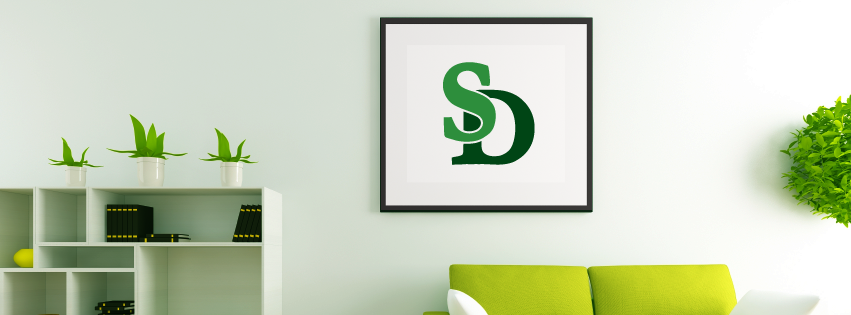Where property is concerned, you will hear the words freehold and leasehold bandied about plenty. But what do they actually mean? And what’s the difference?
Below, using our experience as one of the leading estate agents in Redbridge and the surrounding areas, we take a closer look...
Leasehold
This is where you own the property for the duration of your lease agreement with the freeholder, but not the land the home stands on. Ownership returns to the freeholder when the lease expires, unless you are able to prolong the lease.
Nearly all flats and maisonettes are leasehold properties, particularly those found in major city centres. When it comes to purchasing a leasehold property, the buyer inherits the lease from the previous owner. As such, buyers will need to consider – before committing to the purchase – how many years are left on the lease. They will also need to consider how buying a leasehold may affect their chances of securing a mortgage and the value of the home if they ever come to sell it in the future.
What’s more, there are charges to consider when it comes to leasehold properties. As the owner of a leasehold, you don’t own the land and are therefore not responsible for maintaining and running the building that your flat, apartment or maisonette resides in. This is the job of the landlord of the building or the property manager they have appointed to oversee things.
Nonetheless, as a leaseholder you pay a service charge to the landlord to help cover the costs of repair and maintenance work. It will also help to fund things like electricity for communal areas, repair and maintenance of outside walls, roofs and lifts, and the upkeep of large communal gardens.
Repair and maintenance work doesn’t extend to the property you own, however. As the owner, that is still your responsibility. Also, certain changes to your property will require permission from your landlord.
Other charges that can potentially arise from owning a leasehold property are ground rent, admin costs and buildings insurance (arranged by the landlord). As a leaseholder, you can challenge any charges your landlord makes and there are also steps to prevent a landlord carrying out major changes or expensive, long-term building work without your permission.
Put simply, a leasehold property means you own the home – and all the rights and responsibilities associated with that – but you don’t own the building the home is housed in or the land surrounding it.
Getting a mortgage could be a problem if the lease is for less than 70 years; lenders like the lease to run for at least 25 years beyond the end of your mortgage. When it comes to selling a leasehold property, it can be tricky if the lease is for less than 80 years.
Extending the lease isn’t usually a problem, and you can ask your landlord to do it any time. Furthermore, once you’ve owned your home for two years, the right is there to extend your lease by 90 years as long as you are a qualifying tenant (if your original lease was for more than 21 years, you are highly likely to qualify).
Freehold
A freehold property, by contrast, is one that a buyer owns outright – both the building itself and the land it stands on, forever. For most buyers, freehold is preferable – because the home is completely yours, without service charges, managing agent fees or admin costs thrown into the equation.
On the other hand, of course, you now have responsibility for maintaining the exterior walls and roof of your home, as well as any garden space you might own.
Most houses are freehold, although some – usually ones used for shared ownership schemes – are leasehold.
The main advantages of freehold over leasehold are you don’t have to pay ground rent, service charges or other landlord costs. You also won’t have any concerns about the lease running out or disputes/problems with the freeholder.
In addition, securing a mortgage on a freehold will be less problematic. However, you will need to budget for the costs of maintaining your property and land, which is likely to be more than if you had a leasehold.
If you want to change or modify your property, the only restrictions are legal and planning ones. This means owners of freehold properties have far more flexibility regarding alterations and building projects.
Another bonus is that freeholds tend to be more desirable and command a higher value than leaseholds. Sellers will usually find it easier to sell – and get better value for – a freehold property.
The freehold of a home can be bought by various leaseholders working together – what is known as ‘collective enfranchisement’ – to own the property outright, but there are a number of barriers, difficulties and complications that can make this very hard to achieve.
For more information on selling your home – and the differences between leaseholds and freeholds – please get in touch with Sandra Davidson on 0208 551 0211.
To find out how much you could sell your home for, check out our instant online valuation tool.


No comments:
Post a Comment